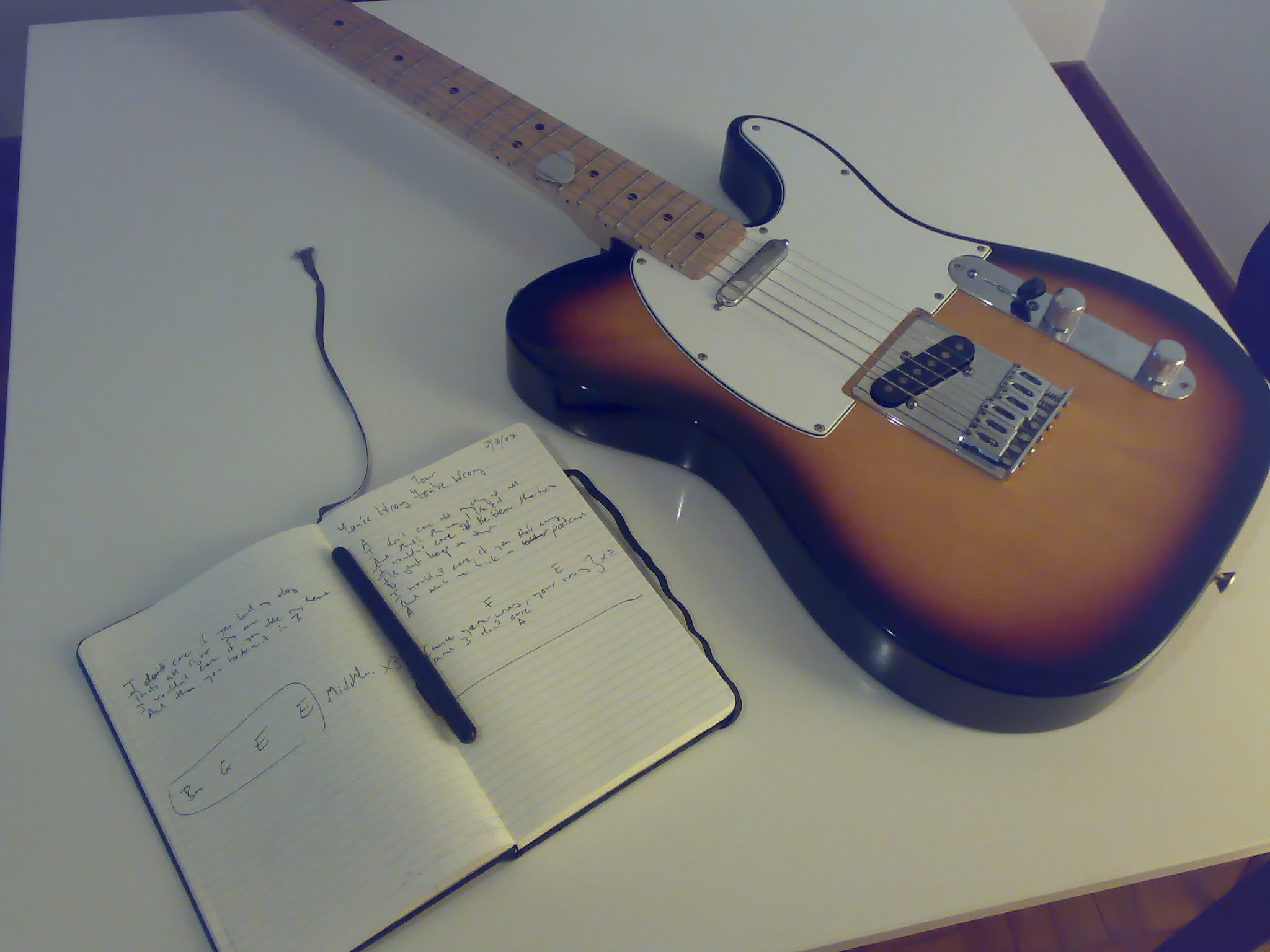When starting a band the last thing that many musicians will want to consider is how revenue is split. However, formalising these percentages is actually best done when your project or song is in its infancy.
Suppose you have co-written a song with a band member which suddenly starts to accumulate airplay on popular radio stations. Fantastic, this means cash for you which, let’s face it, is a luxury when you’re in a band. But how do you split the royalties? Moreover, what if you’re not on quite as good terms with your writing partner as you were when the song was written? This could lead to conflict, or worse, a costly lawsuit. This is why it is paramount to set out just how much of a song you own when a song is written. Otherwise these kind of disputes could not only affect the music you have already released, but the sustainability of your band moving forward.
As a side note, this article only concerns publishing, that is, revenue gained via mechanical royalties, licensing and through PRS (Performing Right Society), which is accrued via plays in clubs and on radio. Publishing royalties have nothing to do with album or single sales, where revenue is generally split equally among the performers of the recording.
The type of agreement required to established ownership splits in a song is called Joint Songwriting Agreement and it comes in two forms. The first variety is termed a “Collective Work”. This is when parts of the same song are owned independently by the person who contributes said part. An example of this would be where a writing partner writes the music, the melodic aspect of the song, while the other writes the lyrics; each writer may license his or her part of the song separately without having to obtain permission from the other. A contemporary example of this may be when an artist licenses samples or lyrics online but this content is also be licensed non-exclusively to many other artist.
The second variety of agreement is known as a “Joint Work”. This is relevant to artists who write songs where the process is collaborative. This variety of the Joint Songwriting agreement is useful to artists who write songs together – say two guitarists – who will write lead or rhythm parts symbiotically in order to create a cohesive song. Just remember, if the song is a Joint Work then you cannot license the music without your partners consent and without giving them their share of income, unless explicitly stipulated within the agreement. Likewise, you cannot take your contribution and use it elsewhere or license it as it has become ‘locked up’ in the co-written song.
The Songwriting Agreement is concise and easily adaptable, and as such, can be drafted into a more wide ranging Band Agreement.
Now a little advice on publishing royalties; It may be beneficial to give some of the band members who did not contribute to the writing of the song some of the royalties, especially if you want to keep them in the band, and they are finding it difficult to live off record sales and touring revenue alone.
So, if we return to a dispute between band members and imagine that this time they have a contract in place, separately or within a band agreement, then they can merely refer to the agreement and avoid any expensive litigation. However, agreeing how much of each song you have written in the first place is something that I can’t help you with…
Guest blog by David Smith
Intern at Avenant Law
www.AvenantLaw.com
London Based Music and Media Lawyers
Image Credit: Adrian F

